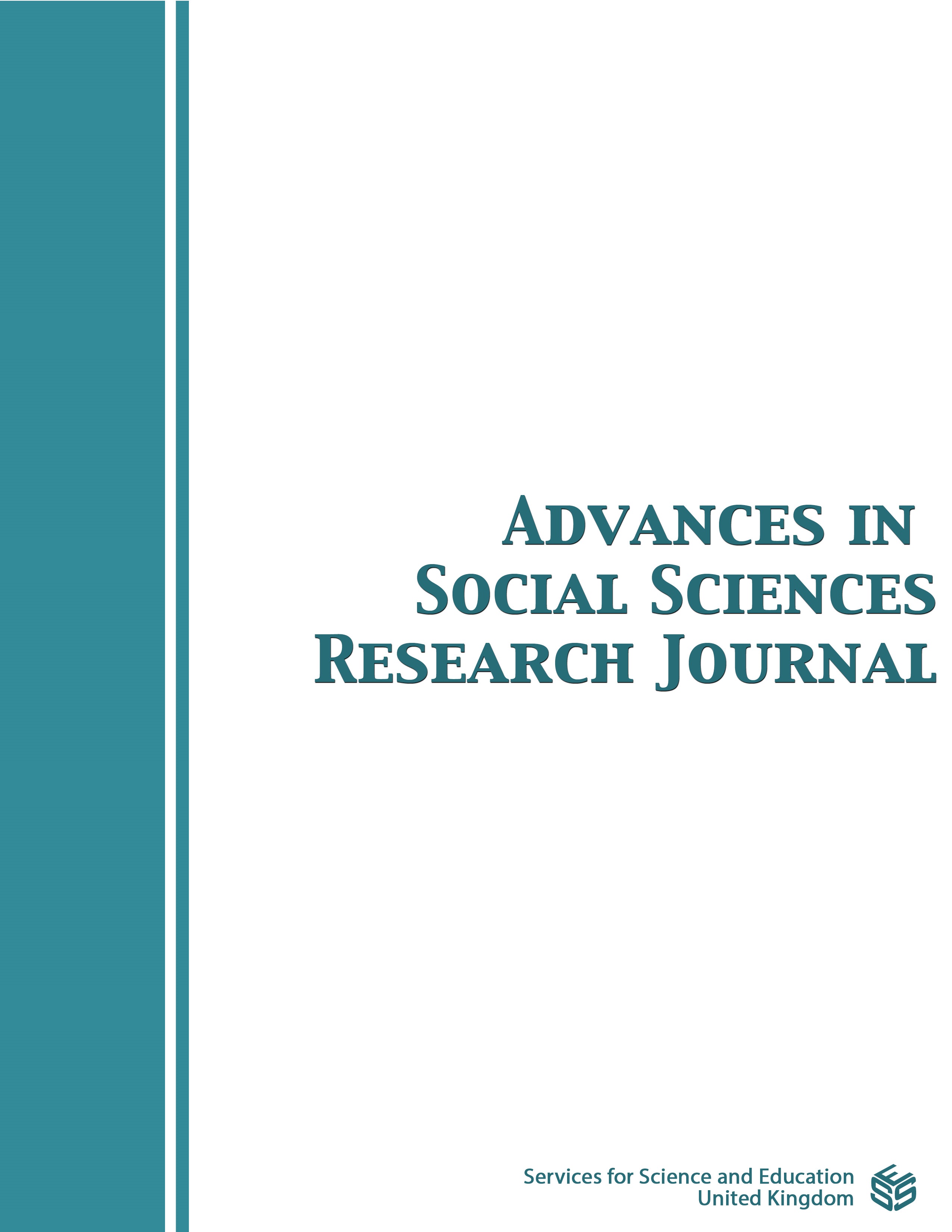Foregrounding Affectivity in the Pathways to Extremism
DOI:
https://doi.org/10.14738/assrj.113.16536Keywords:
Extremism, Emotions, Situated Affectivity, Affective Arrangements, RadicalizationAbstract
Literature increasingly indicates that affectivity plays a major role in violent extremism. Nevertheless, much of the work on affectivity in the context of violent extremism has so far remained a fragmented background issue. The purpose of this paper is to bring affect to the foreground through philosophical accounts of situated affectivity, while remaining compatible with contributions on emotions and affect from different disciplines in the context of extremism. The situated account explains how environmental structures affect individual affectivity and vice versa. With the help of this framework, we are able to analyze an individual’s affective dynamics simultaneously with multiple elements. By using different analytical vantage points, we can examine how the affectivity of individuals is shaped and regulated by other individuals, materials, spaces, discourses, and behaviors in extremist settings. The approach provides a broader and richer perspective on the complexities and dynamics of affect in extremism. Affect-centric counter- and preventive policies relating to violent extremism can benefit from this approach.
Downloads
Published
How to Cite
Issue
Section
License
Copyright (c) 2024 Saad Shaheed, Hina Haq

This work is licensed under a Creative Commons Attribution 4.0 International License.
Authors wishing to include figures, tables, or text passages that have already been published elsewhere are required to obtain permission from the copyright owner(s) for both the print and online format and to include evidence that such permission has been granted when submitting their papers. Any material received without such evidence will be assumed to originate from the authors.






